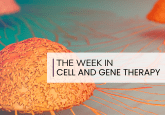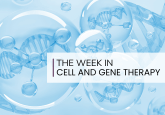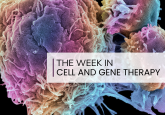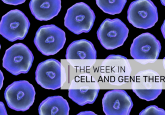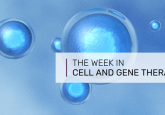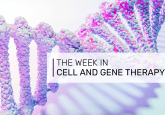Cell therapy weekly: Phase III results for BrainStorm Cell Therapeutics’ ALS therapy lead to rejection by FDA committee
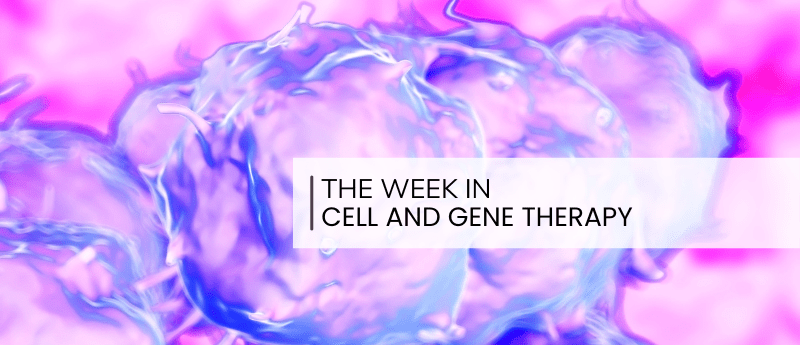
This week: The US FDA rejects the amyotrophic lateral sclerosis (ALS) cell therapy, NurOwn, for lack of evidence from clinical trial, Charles River Laboratories (MA, USA) launches a new lentiviral vector platform and two Switzerland-based institutions enter a manufacturing agreement for an epidermal autologous epidermal treatment.
The news highlights:
- US FDA rejects Biologics License Application for ALS cell therapy
- Charles River unveils new lentiviral vector manufacturing platform
- Strategic collaboration to manufacture EpiDex for chronic wound treatment
US FDA rejects Biologics License Application for ALS cell therapy
The US FDA’s Cellular, Tissue and Gene Therapies Advisory Committee has reviewed and rejected a Biologics License Application for an investigational mesenchymal stem cell therapy developed by BrainStorm Cell Therapuetics Inc. (NY, USA). The Committee decided that the Phase III results of NurOwn, which is designed to treat ALS, failed to provide substantial therapeutic evidence of effectiveness for mild and moderate forms of the condition.
“The Committee’s vote was a sad outcome for the ALS community, who have too few options to help manage this merciless and deadly disease,” stated Stacy Lindborg co-CEO of BrainStorm. “We firmly believe that the totality of data presented for NurOwn today provides a compelling case for approval, with clinical evidence in those with less advanced disease supported by strong and consistent biomarker data that are predictive of clinical response. We truly did our best to make the NurOwn data clear to the FDA Advisory Committee. Unfortunately, had more time and opportunity been allowed, many remaining questions posed by Advisory Committee members could have been sufficiently addressed.”
Charles River unveils new lentiviral vector manufacturing platform
Lentivation™, the lentiviral vector manufacturing platform developed by Charles River Laboratories, has been launched. The platform will reduce lentiviral vector production timelines for gene and gene-modified cell therapies from 18 months to 7 months. This platform adds to the existing portfolio that the Contract Development and Manufacturing Organization wields, which includes other lentiviral and adeno-associated viral vector manufacturing platforms for cell and gene therapy programs.
“We are thrilled to add the Lentivation platform to our robust portfolio of existing capabilities. Our [lentiviral vector] manufacturing offerings allow us to further support advanced therapy programs and, most importantly, deliver novel gene therapies to patients across the globe,” said Kerstin Dolph, Corporate Senior Vice President of Biologics Solutions at Charles River .
Strategic collaboration to manufacture EpiDex for chronic wound treatment
Healiva (Lugano, Switzerland), a chronic wound treatment-focused biotechnology company, and the Centre Hospitalier Universitaire Vaudois (CHUV; Lausanne, Switzerland) have established a strategic collaboration. The partnership grants the biotechnology company access to CHUV’s GMP-compliant Cell Production Centre, where it will manufacture EpiDex®. Epidex is an autologous epidermis derived from patient hair follicle cells and is utilized to treat severe chronic venous leg ulcers.
“Healiva’s technology represents a significant opportunity to change the way we treat people with chronic wounds,” said Jean-François Brunet, Director of the CHUV. “We are fully committed to leveraging our experience in manufacturing technologies to support Healiva’s manufacture of EpiDex.”
Last weeks news in cell therapy 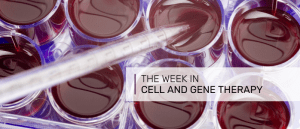
The Maryland Stem Cell Research Committee, a body that identifies and supports research and innovation in regenerative medicine, awarded US$4 million in grants to 12 scientists from a range of Maryland-based academic institutions.
